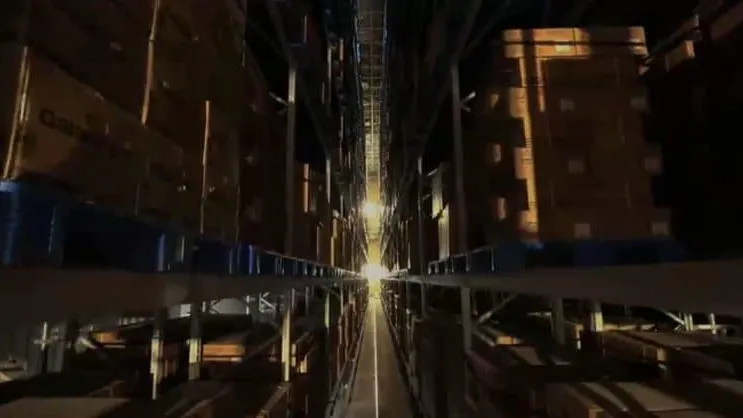
China’s e-commerce giants launches Earth Day initiatives
Alibaba has made public its nine green patents, while JD launched a carbon reduction campaign.
China’s biggest e-commerce firms have launched various initiatives to reduce waste, bring down emissions, and promote sustainability in celebration of Earth Day.
Alibaba has joined the Low Carbon Patent Pledge, vowing to make nine patents for green data center technologies available to the public, including liquid cooling systems and technologies for controlling hard drive power consumption, the company announced in a news release.
Low Carbon Patent Pledge is an initiative launched on last year’s Earth Day 2021 by tech giants Hewlett Packard Enterprise, Microsoft, and Meta Platforms.
The company’s platform in Southeast Asia, Lazada, also launched a campaign on Monday to reduce plastic waste in products and packaging.
Its food delivery platform Ele.me also rolled out a point system to help users track their carbon consumption. With this, consumers will earn points when they avoid plastic tableware, don’t ask for extra small dishes and observe other eco-friendly habits when ordering food, which can be spent within the platform or donated to forestry conservation efforts.
For its part, JD.com said it launched a carbon-reduction campaign from 20 to 24 April in collaboration with P&G, Swisse, Blackmores, and Yili Group’s Satine organic milk.
By swiping down on the landing page of JD’s app during this period, users can jump to the green shopping campaign page where they can explore the environmentally-friendly efforts brands have made on their products, the company said. Consumers of these products will be awarded with loyalty points to entice them to shop green.
On the warehouses side, JD logistics has built solar photovoltaic panels on the roofs of 12 highly automated warehouses across the country, which has the capacity to generate 100 MW power a year and in the next three years, aiming to extend the capacity to 1000 MW.
At the same time, JD Logistics has been operating 119 dark warehouses in China. Every minute, each automated warehouse operation can save an average of 2283 kWh electricity, the company said.
The company has also put in use 200,000 new energy vehicles to date in over 40 Chinese cities for delivery work. Every year, these vehicles can save 400,000 tons of CO2 emissions, an amount equivalent to what 20 million trees may soak up in a year, it added.



















 Advertise
Advertise






